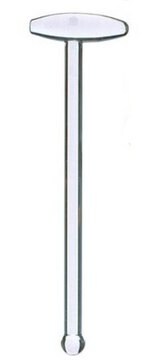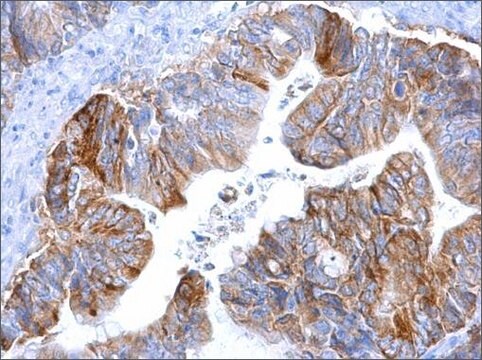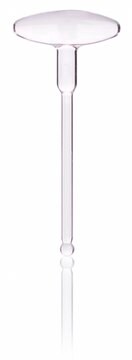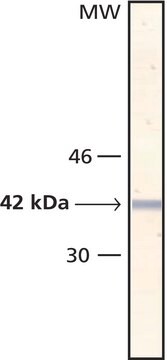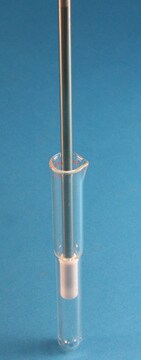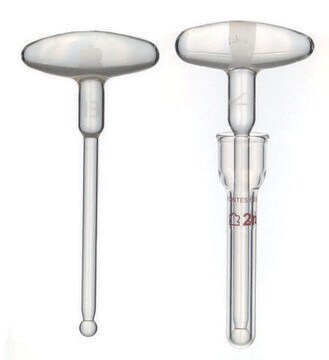130M-9
CD30 (Ber-H2) Mouse Monoclonal Antibody
About This Item
Productos recomendados
biological source
mouse
Quality Level
100
500
conjugate
unconjugated
antibody form
culture supernatant
antibody product type
primary antibodies
clone
Ber-H2, monoclonal
description
For In Vitro Diagnostic Use in Select Regions (See Chart)
form
buffered aqueous solution
species reactivity
human
packaging
vial of 0.1 mL concentrate (130M-94)
vial of 0.5 mL concentrate (130M-95)
bottle of 1.0 mL predilute (130M-97)
vial of 1.0 mL concentrate (130M-96)
bottle of 7.0 mL predilute (130M-98)
manufacturer/tradename
Cell Marque™
technique(s)
immunohistochemistry (formalin-fixed, paraffin-embedded sections): 1:50-1:200
isotype
IgG1κ
control
classic Hodgkin lymphoma
shipped in
wet ice
storage temp.
2-8°C
visualization
membranous
Gene Information
human ... TNFRSF8(943)
Categorías relacionadas
General description
Quality
 IVD |  IVD |  IVD |  RUO |
Linkage
Physical form
Preparation Note
Other Notes
Legal Information
¿No encuentra el producto adecuado?
Pruebe nuestro Herramienta de selección de productos.
Control
Certificados de análisis (COA)
Busque Certificados de análisis (COA) introduciendo el número de lote del producto. Los números de lote se encuentran en la etiqueta del producto después de las palabras «Lot» o «Batch»
¿Ya tiene este producto?
Encuentre la documentación para los productos que ha comprado recientemente en la Biblioteca de documentos.
Nuestro equipo de científicos tiene experiencia en todas las áreas de investigación: Ciencias de la vida, Ciencia de los materiales, Síntesis química, Cromatografía, Analítica y muchas otras.
Póngase en contacto con el Servicio técnico
